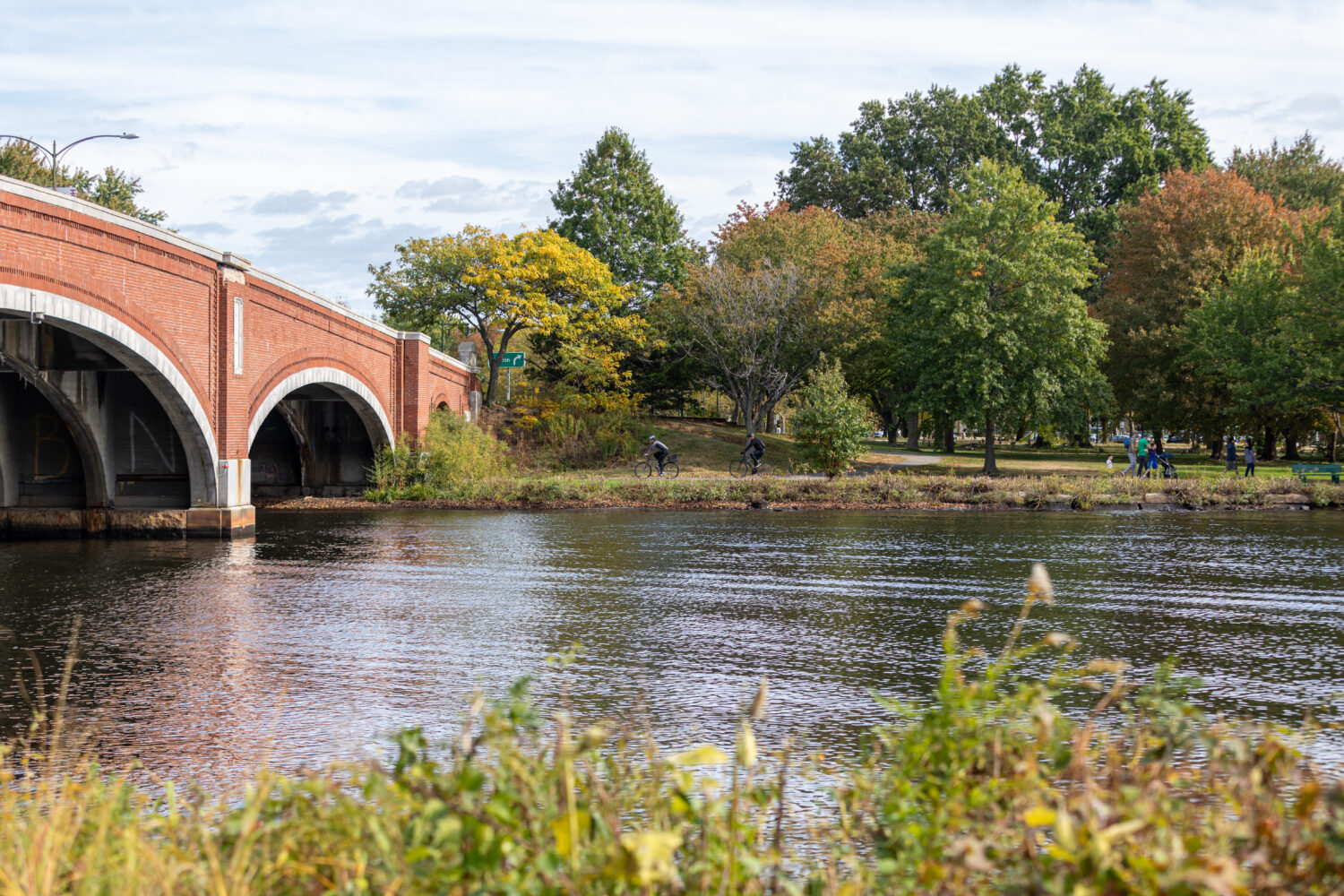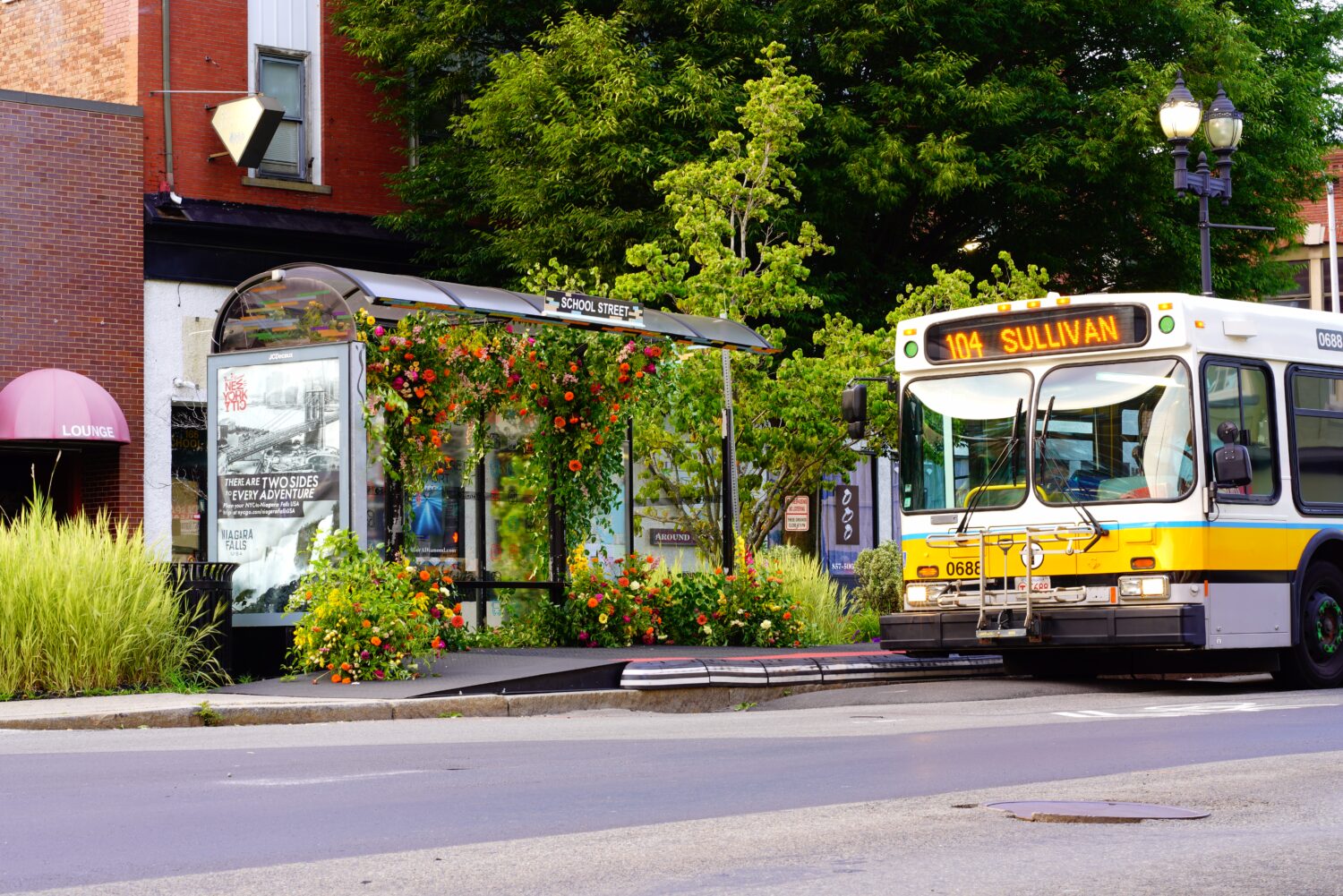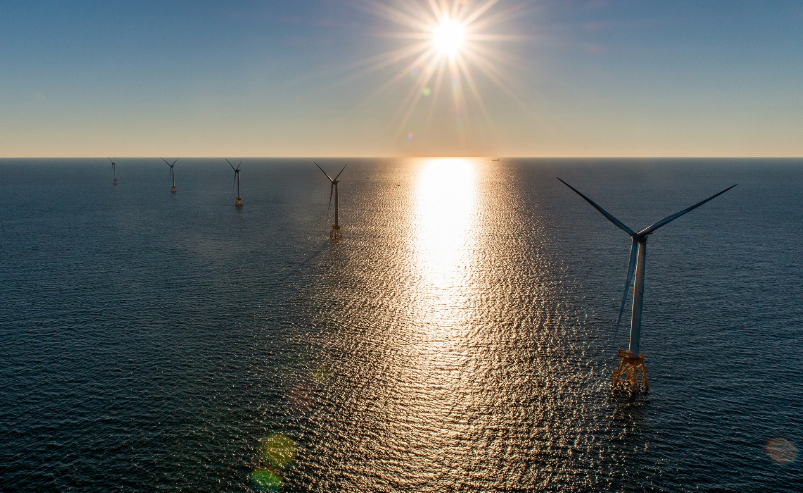Centering racial equity is one of the Barr Foundation’s core values. In the case of Barr’s Climate Program, which focuses on clean energy, mobility, and climate resilience, we have also been deepening our knowledge and competencies on racial equity. As expressed in this previous blog post, racial equity is now a more explicit priority for the program. The work is grounded in the belief that a diverse, inclusive, and equity-centered movement is essential to achieving our ambitious climate goals.
Our president Jim Canales, has frequently said that actions speak louder than words. For us, demonstrating racial equity means having clarity about our motivations, taking actionable steps, and committing to continuous improvement over the long term. We know that, if we are doing it right, this process will be a challenging and humbling experience.
As one manifestation of that, our Climate Program has committed to share publicly about progress we’re making towards increasing our grantmaking to people of color (POC)-led equity-centered organizations. We define equity-centered organizations as organizations that are building power in the communities they serve to address environmental racism. This is an important priority for us and the climate field.
When we took a hard look at the dollars and cents, it became very clear that we still have a long way to go. In 2019 and 2020, Barr made a total of $5.2 million in climate grantmaking specifically to POC-led organizations in our region. However, this represents only 10% of our total climate grantmaking in those years, a percentage we intend to increase significantly going forward. We’d like to express appreciation to the organizers of the Climate Funders Justice Pledge for raising the visibility of this metric and asking the nation’s largest funders of climate action, including Barr, to assess our grantmaking patterns and to set ambitious goals for increasing dollars going to POC-led groups. According to their research, just 1.3% of climate grantmaking goes to organizations led by people of color.
Along with examining who we are funding, we need to look at what we support and how we operate. We’re developing our approach in conversation with POC organization leaders, emphasizing listening and relationship-building. We know that we need to make this pivot in a way that forges strong partnerships, while providing existing partners with support.
A big part of building relationships and trust means doing this work out in the open, where our grantee partners, other funders, and the communities we serve can hold us accountable.
In that spirit of transparency and accountability, here are the actions we’re focusing on:
Providing flexible longer-term support and reducing administrative burdens.
This is especially important for our POC-led and community-based organizations which often have less administrative capacity due to chronic underfunding. Working across the clean energy, mobility, and resilience portfolios, we’re consolidating multiple program grants awarded to the same organization and offering more flexible and longer-term support.
Cultivating new relationships.
Barr’s grantmaking is built on relationships, and we don’t want grants to be merely transactional. As such, we are taking the time to understand the landscape and organizations that play valuable roles in their communities. We are examining how our funding can be most helpful in the long term and are cultivating new relationships with POC-led equity-centered organizations.
Investing in organization capacity building.
We are asking POC-led equity-centered organizations what they need to build stronger, healthier organizations and power in the communities they serve. That could mean funding to increase staff capacity, provide professional development, expand communications capacity, or upgrade technology. In the coming months we will continue to seek input on what we can do to make deeper investments in this area.
Growing POC leadership and career pathways.
We need a diverse and leaderful climate justice movement to create durable change. Barr recently awarded a grant to One Square World to launch a Liberation Leadership program that will develop POC climate leaders in New England. Recognizing that people of color face systemic barriers when entering the environmental sector, one of our strategies is to support fellowship programs that provide substantial work experience and leadership development opportunities for people of color. With our partnership, the Environmental Leadership Program will administer a pilot cohort of six fellows in New England as part of its two-year RAY Diversity Program for recent college graduates. In addition, the Department of Urban and Environmental Policy and Planning at Tufts University will launch a Racial Equity in Policy and Planning Fellowship program for Master’s degree students.
Supporting authentic and meaningful allyship among the legacy climate organizations.
As we make shifts in our grantmaking, our top priority is increasing funding to POC leadership in the climate movement. At the same time, we are interested in supporting white-led legacy climate organizations who are committed to making their own transformations toward centering racial equity. We believe this will lead to a stronger network of organizations committed to climate justice.
When the Barr Foundation set out to center racial equity in its work, we made a commitment that was unequivocal, long-term, and about both what we support and how we work. The Climate team is guided every day by that commitment. We recognize, however, that we don’t have all the answers, are still learning and examining our own practices.
This self-reflective moment for philanthropy and the climate sector demands transformative change, that is long overdue. We will not shy away from it. We hope our grantees, our peer funders, and others in the climate movement will join us in this work.




